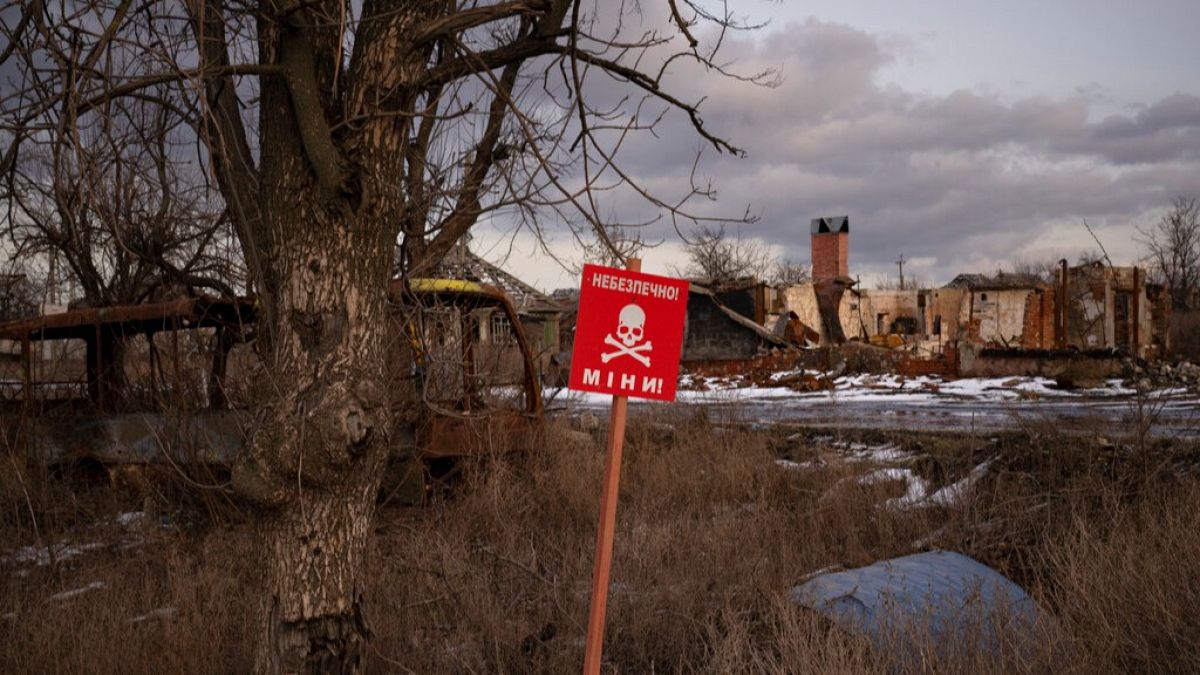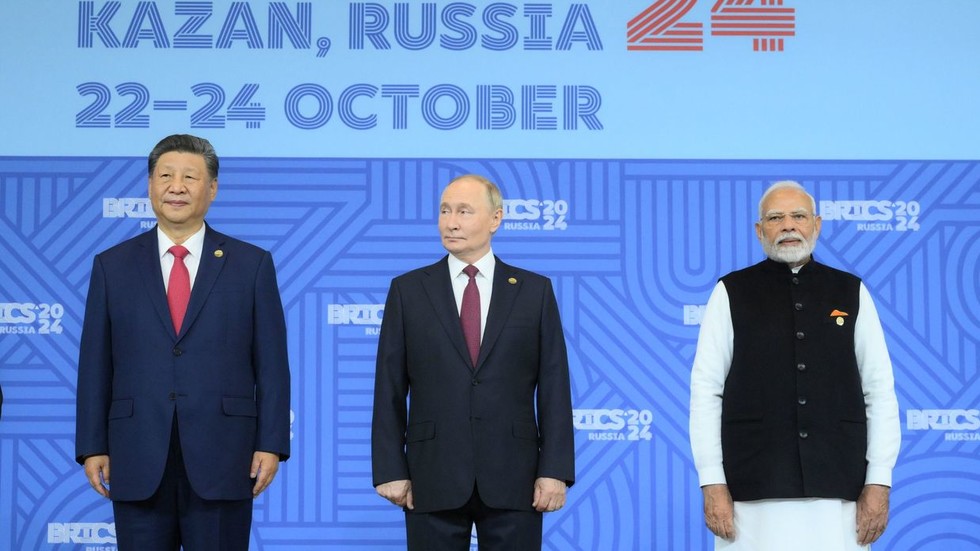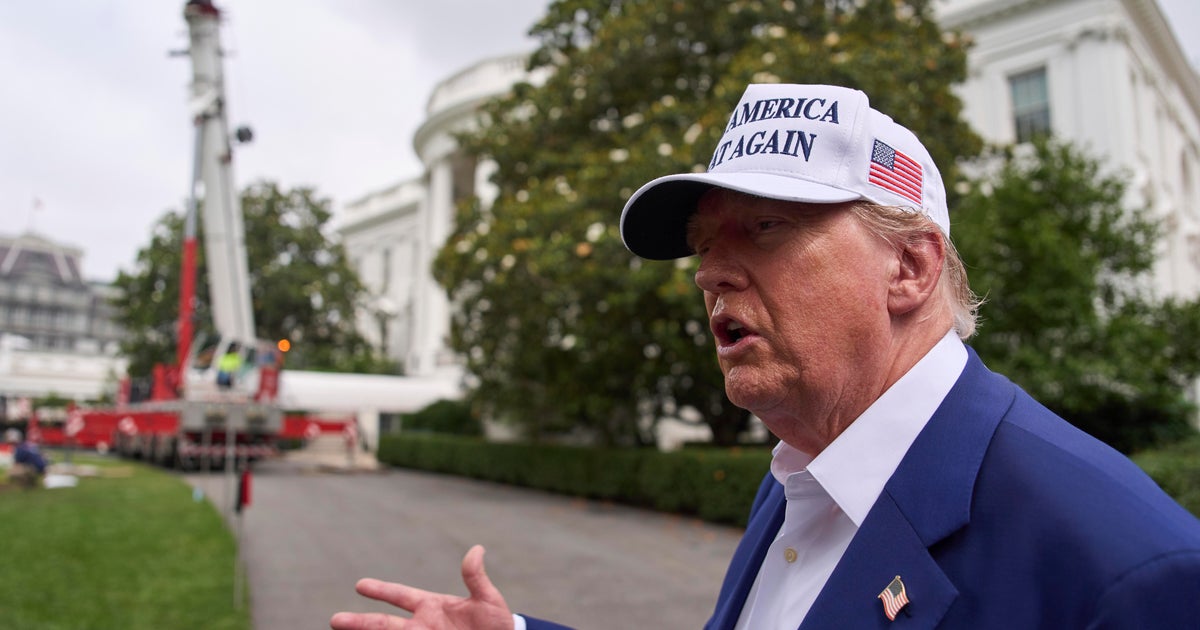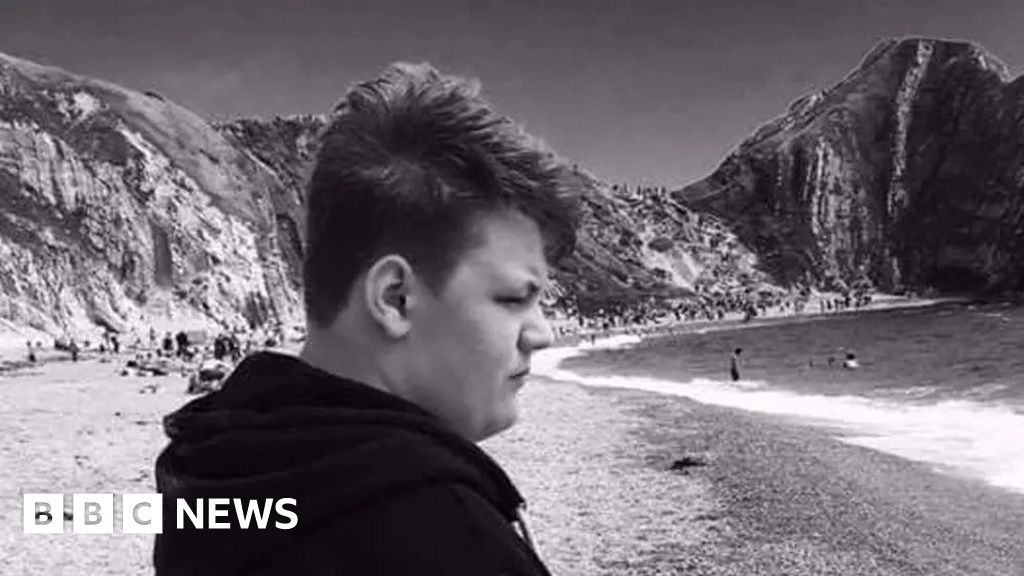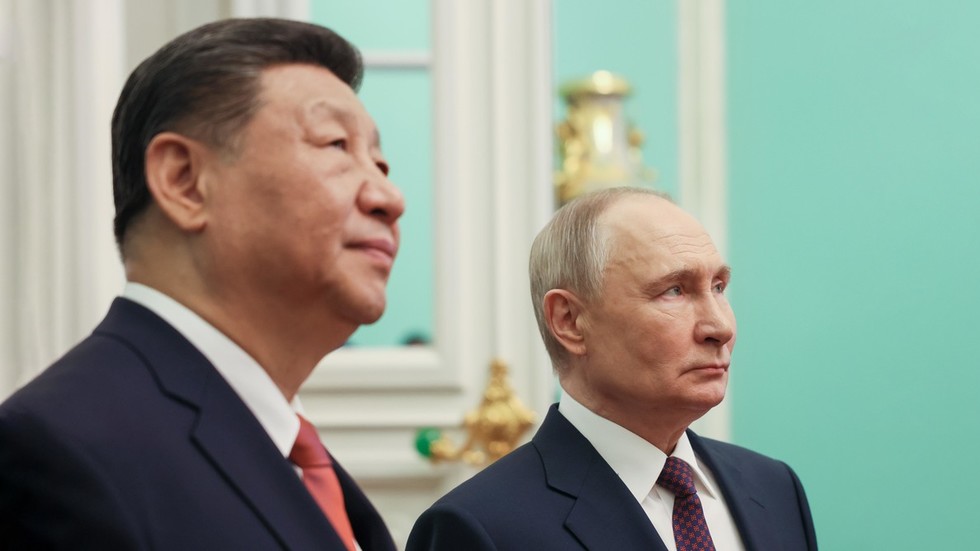Hungarian police have controversially banned the Budapest Pride march despite the city’s liberal mayor declaring it a municipal event.
The decision follows the passage of new legislation in March by Hungary’s parliament, where Prime Minister Viktor Orban’s right-wing Fidesz Party holds a significant majority.
This law provides a legal basis for police to prohibit LGBTQ+ marches, citing the protection of children, and controversially allows for the use of facial recognition cameras to identify attendees.
Budapest's mayor, Gergely Karacsony, announced on Monday that the Budapest Pride march, which was scheduled for 28 June, will be organised by the city of Budapest.
Mayor Karacsony had attempted to bypass the new regulations by announcing that, as a municipal event, the Budapest Pride march would proceed without needing authorisation.
He stated that "no permits from authorities are needed."
However, the Budapest metropolitan police swiftly countered the mayor’s declaration, asserting that the new law applied to the event regardless of its municipal designation, and confirmed the ban.

The police ban has "no relevance" as authorities were not officially notified of the plans for the event, Karacsony said on Facebook.
"The Metropolitan Municipality will host the Budapest Pride Freedom Celebration on June 28, the day of Hungarian freedom, as a municipal event. Period," the mayor wrote. Tens of thousands of people are expected to attend the protest.
Orban faces a challenging election in 2026 where a new surging opposition party poses a threat to his rule.
His government has a Christian conservative agenda and its intensifying campaign against the LGBTQ community has aimed to please Fidesz's core voters, mostly in the countryside.
Orban said in February that organisers should not even bother organising Pride in Budapest this year.

 4 hours ago
2
4 hours ago
2


